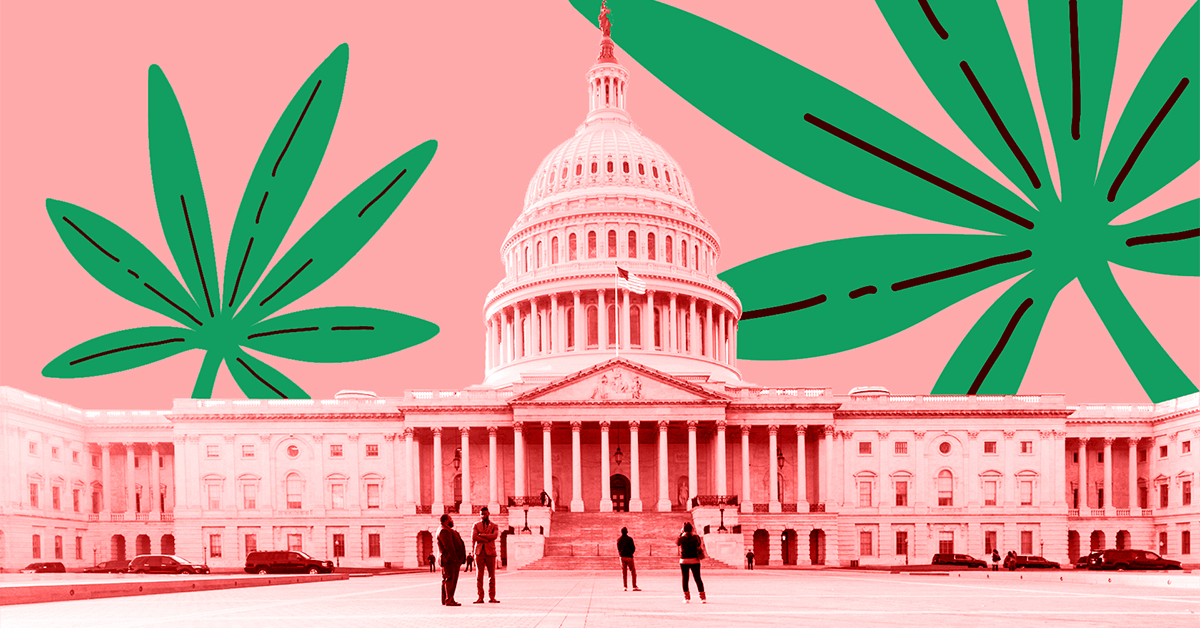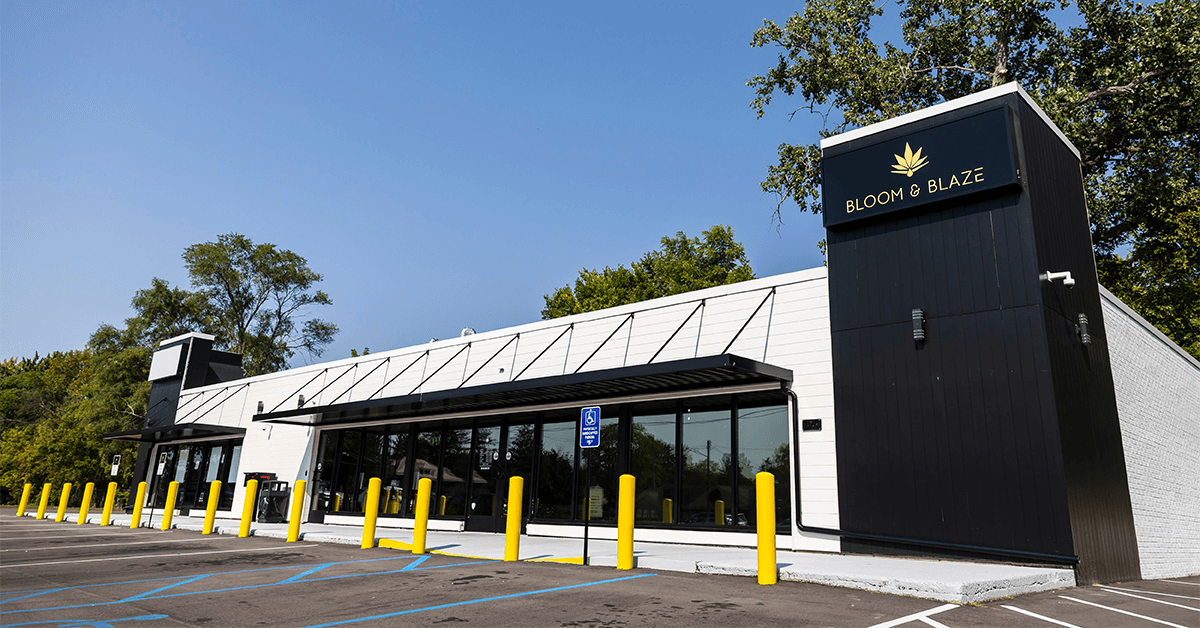House Republicans Remove Cannabis Banking Protections from Funding Bill

Why Did House Republicans Drop Cannabis Banking Protections?
House Republicans recently blocked a provision within a crucial funding bill that aimed to protect financial institutions serving legal cannabis businesses. According to a report by The Hill, the provision would have prohibited the use of government funds to penalize banks and credit unions for offering services to legal hemp and cannabis businesses. This decision came after significant internal opposition and highlights the ongoing debate over federal cannabis policies.
Limited Options for Cannabis Banking in Michigan
In Michigan, cannabis businesses face limited banking options. Only a few small banks and credit unions provide services to the industry, and these come at high monthly costs. Larger financial institutions refrain from engaging with cannabis businesses due to the fear of losing their federal charters. The federal classification of cannabis as a Schedule I drug, alongside heroin and cocaine, perpetuates these challenges.
Impact on Legal Cannabis Businesses Across the U.S.
Representative David Joyce (R-Ohio), chair of the subcommittee overseeing the funding bill, addressed concerns about the removal of cannabis banking protections. He emphasized the importance of respecting state laws and the potential benefits of cannabis regulations for public safety and quality of life. Joyce's Financial Services and General Government bill initially included provisions to protect states' rights in regulating cannabis, aiming to harmonize federal and state laws.
Congressional Debate: States' Rights vs. Federal Law
During a recent subcommittee markup, Representative Chuck Edwards (R-N.C.) voiced strong opposition to the banking protections. Edwards argued that permitting banking for a federally illegal substance like cannabis could be seen as tacit approval of its use. He stressed the need for clear federal policies amid the evolving landscape of state cannabis laws, asserting that cannabis should remain illegal due to its potential harms.
Growing Support for Cannabis Banking Reforms
The debate within Congress reveals a division, especially among Republicans, over cannabis legalization. Despite this, there is growing support for reforms that would allow cannabis businesses better access to banking services. The increasing number of states legalizing recreational marijuana and the growing public support for legalization are driving this momentum. These factors are reshaping federal cannabis policies and banking regulations.
Overview of the Secure and Fair Enforcement Banking Act (SAFE Act)
The Secure and Fair Enforcement (SAFER) Banking Act of 2023, introduced by a bipartisan group in Congress, seeks to provide protections for financial institutions serving state-sanctioned cannabis businesses. The act aims to resolve conflicts between federal and state laws by creating a safe harbor for banks, credit unions, and other financial institutions. If enacted, the SAFER Banking Act could significantly impact the cannabis industry by promoting public safety, expanding access to deposit accounts, and enabling more efficient business operations.
Rep. Joyce Addresses Bipartisan Support
Representative Joyce highlighted the strong bipartisan support for cannabis banking measures. He acknowledged concerns but emphasized his commitment to funding the government and advancing his legislation.
Final Thoughts
The decision by House Republicans to remove cannabis banking protections from the government funding bill underscores the complex political divisions and policy concerns surrounding cannabis legalization in the U.S. Proponents argue for states' rights and improved banking access for legal cannabis businesses, while opponents raise issues about federal law and potential risks. This debate highlights the evolving nature of cannabis regulation and the challenges faced by policymakers in aligning state-level reforms with federal mandates.
Share this article:
Spotted a typo, grammatical error, or a factual inaccuracy? Let us know - we're committed to correcting errors swiftly and accurately!








 Helpful Links
Helpful Links